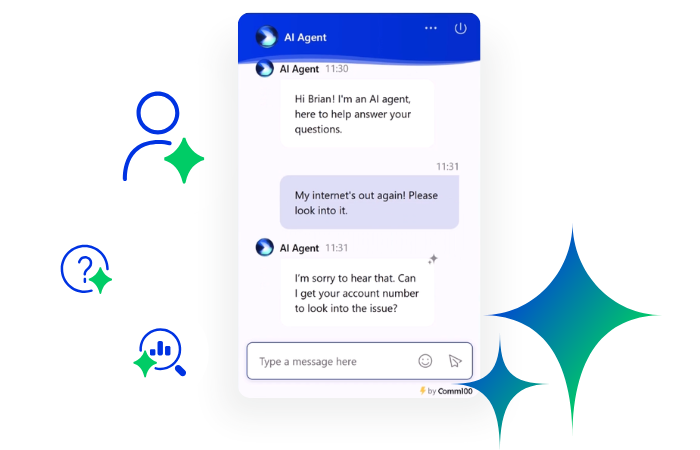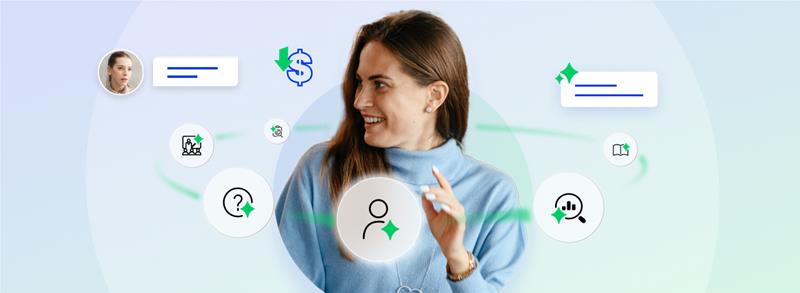The sudden birth of ChatGPT into the mass market has created as many questions as it provides answers.
Hailing from OpenAI’s cutting-edge technology, ChatGPT has rapidly risen to fame, offering an interactive experience that feels remarkably human. Its sophisticated ability to understand and generate human-like text has unlocked opportunities across sectors, one of the most intriguing being customer service. However, if you’re looking to leverage ChatGPT for customer service, there’s many considerations that need to be looked at before jumping in. While ChatGPT customer service undoubtedly has its benefits, more and more issues are rising to the top.
The Emergence of ChatGPT
ChatGPT, a descendant of the transformative GPT series, has been making waves within customer service and support. With its ability to offer around the clock support, handle an extensive volume of queries simultaneously, and understand human context and intent, it’s little wonder that ChatGPT customer service has become a potentially exciting possibility.
However, while the allure of ChatGPT for customer service may seem strong on the surface, it’s essential to balance this enthusiasm with a clear-eyed view of the challenges that ChatGPT customer service creates too.
The Dangers & Shortcomings of ChatGPT Customer Service
1. Misunderstandings and errors
While ChatGPT is undoubtedly impressive, it’s not infallible. Misunderstandings can arise, and occasionally, the generated responses might not perfectly align with the user’s query. A slight deviation in the chat context might lead to potentially misleading information being shared with customers.
2. Emotional nuance & understanding
No matter how advanced, ChatGPT cannot genuinely ‘feel’ emotions. In sensitive situations, where human empathy and understanding are paramount, ChatGPT might come off as cold or uncaring.
3. Data privacy concerns
While OpenAI ensures user data isn’t stored or used for further training, customers might still harbor concerns about discussing personal issues with ChatGPT. Trust in digital interactions is crucial, and some customers might feel uneasy sharing details.
4. Technical glitches
Like all software, ChatGPT is not immune to technical hitches. From downtime to unexpected errors, businesses should be prepared for occasional disruptions if they rely solely on ChatGPT for customer service.
5. Training and calibration
To effectively use ChatGPT for customer service, businesses might need to invest time in training the model for domain-specific knowledge. While the model is pre-trained on vast amounts of data, fine-tuning it to specific business needs is crucial for optimum performance.
6. Escalation handling
While ChatGPT can handle many inquiries, there will be situations where escalation to a human is necessary. Seamless transitions between bots and human agents are crucial but can be challenging to execute when relying on ChatGPT for customer service.
Wrap-up
The promise of ChatGPT customer service is immense. From slashing wait times to offering 24/7 support, the benefits are tantalizing. However, like all tools, it’s crucial to understand its limitations and potential pitfalls. Before hopping on the ChatGPT train, weigh its benefits against the challenges outlined.
If you are interested in adding AI and automation into your customer service operation, then perhaps an AI Chatbot is a better option for your team. Comm100 AI Chatbot is powered by the latest in generative AI, helping organizations to automate over 80% of queries without damaging CX. Importantly, this automation is perfectly balanced with human support so you can blend the personability of human agents with the efficiency of bots. Find out more about this effective strategy here.






